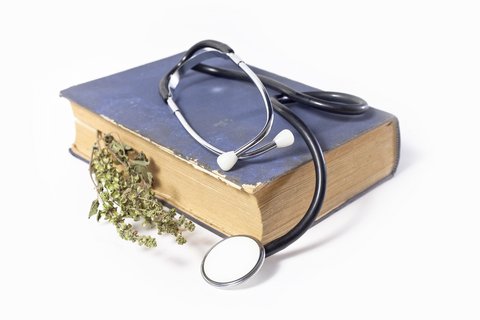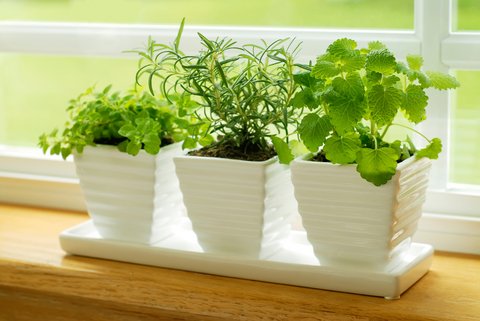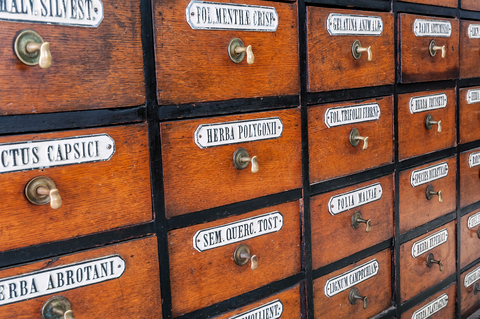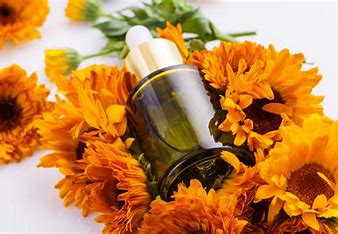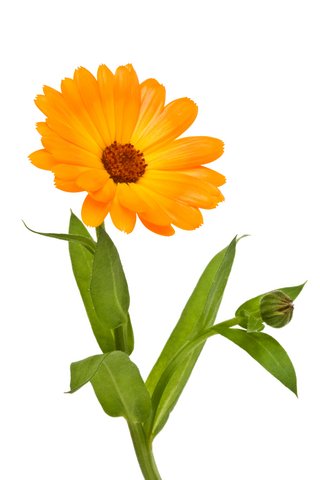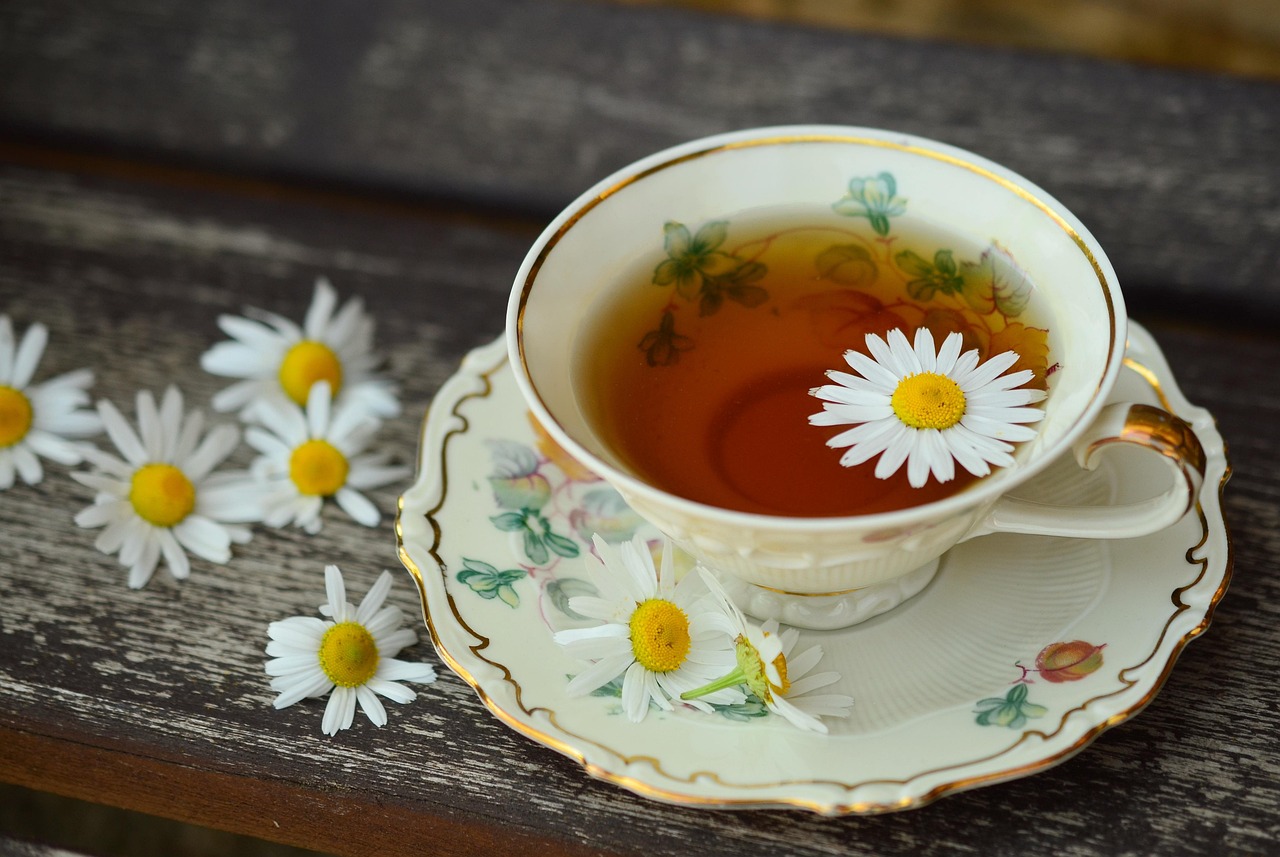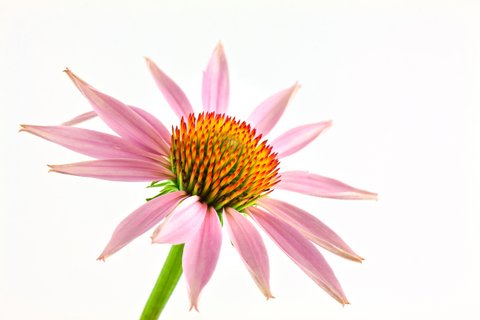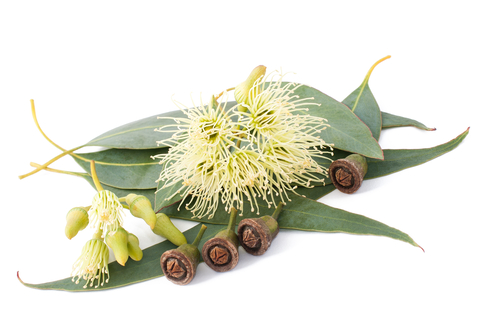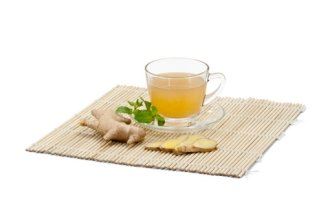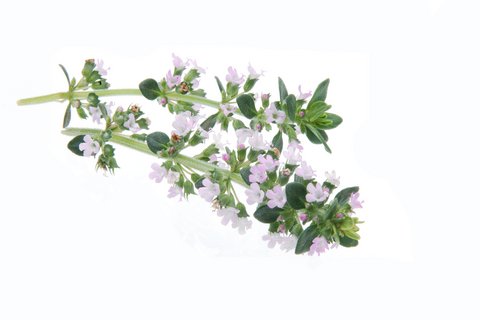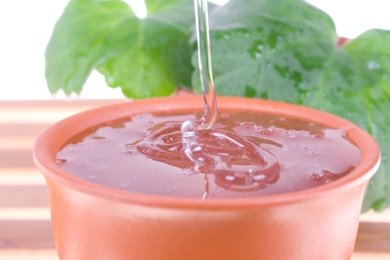Growing Fennel
"Let food be your medicine and your medicine be your food. Each one of the substances in a person's diet, acts upon the body and changes it in some unique way, and upon these changes the whole life depends, whether in health, in sickness or convalescent."
Hippocrates 2 000 years ago.
Growing Fennel for culinary and medicinal uses, can and probably will, become a rewarding and satisfying hobby for anyone, even if you don't have a huge garden. A little verandah and a few pots can also do the job.
Growing fennel for yourself will ensure that whatever part of the plant you are going to use, it will always be in prime condition and gathered at the peak of it's potency

Does Fennel grow back every Year?
- Fennel will display dark green spindly stems and feather leaves, with a hard bulbous fleshy base.
- Fennel is a perennial, this means that it is perpetual, meaning that it just goes on and on and on.
- So provided you look after this plant, it will grow for ever and a day and supply you with some really tasty adders to your salads, sauces and stuffing's for fish, as well as the ingredients for some natural home remedies.
- Fennel can grow up to 2m in height.
- When growing fennel remember that it enjoys the full sun, is very hardy and can handle the cold as well.
- The soil must be well drained and fertilized regularly with an organic fertilizer.
- Fennel does not like the wind so protect the plants wherever possible.
- Fennel has a deep root system, prone to drying out if planted in a pot, so always ensure that the plants have sufficient water.
- Fennel seeds itself readily and can easily be transplanted while still small.
- Maintain your fennel by trimming and using in remedies.
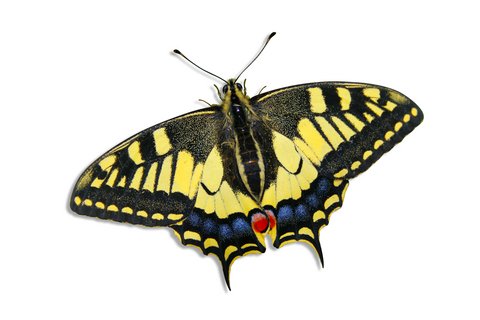 Swallow Tail Butterfly
Swallow Tail ButterflyGrowing fennel will attract Swallow Tail Butterflies to your garden.
This is a large colorful butterfly which will add color and vibrancy to your garden together with the visiting bees that are also attracted to fennel.
Usable Parts of Fennel for Herbal Remedies
- Fennel is an extraordinary herbal plant because the fruit, roots, leaves and stems can all be used in some way or another as a natural herbal remedy.
- Fennel is a good digestive herb, try chewing a leaf or piece of stem after big meals to prevent indigestion.
- An infusion (see preparing herbs) of either some bruised seeds or fresh fennel leaves helps combat flatulence and that overfull feeling.
- The seed is antiseptic and an infusion of finely crushed seeds will help expel poisons from a dog or insect bite.
- Fennel seeds are known to aid the production of breast milk.
- Fennel is carminative (see herbal dictionary) and was a popular ingredient in gripe water.
- Chewing fennel seeds helps with bad breath, or a bad taste in the mouth.
Usable parts of Fennel for Culinary Recipes
- Every single part of the herb fennel can be used in cooking, and is especially enjoyed when used in salads which adds a distinctive liqorice flavor to the dish.
- Fennel is often added to sauces or stuffing for fish.
- The bulb can be boiled and served with a cheese sauce.
- Finely chopped fennel leaves can enhance the flavor of fish dishes.
- The young stems can be chopped into salads, the stems must be cut before the flowers open.
- Fennel seeds can be used when pickling.
- Try a fennel dip, by chopping the leaves and mixing with cream cheese and some lemon pepper to spice.
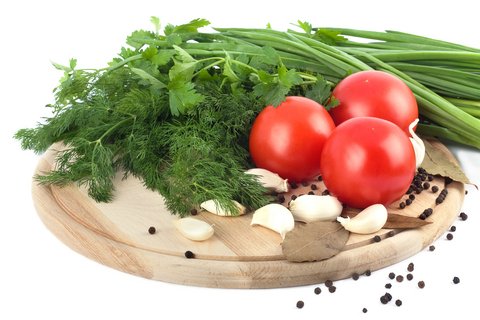
Companion Planting
DO NOT plant fennel with dill, or near coriander, cucumber, tomatoes or caraway.
If planting in a pot, fennel does extremely well with Marigolds, Peppermint and Goat's Rue. They all live together very comfortably and amicably and look good in a pot.
IMPORTANT NOTICE
Home Remedies Haven would like to reassure all the visitors to our site, that we respect your privacy and do not in any way sell personal information.
